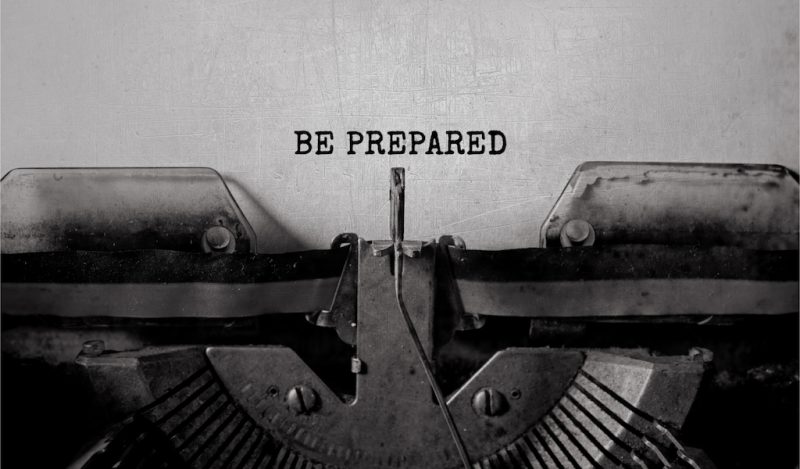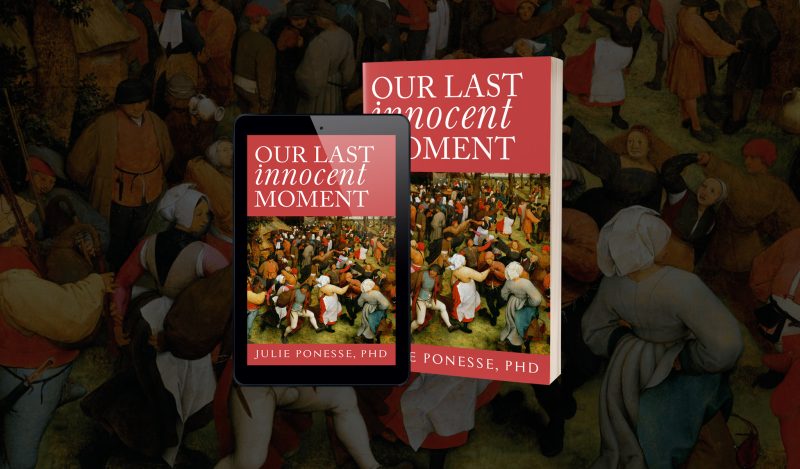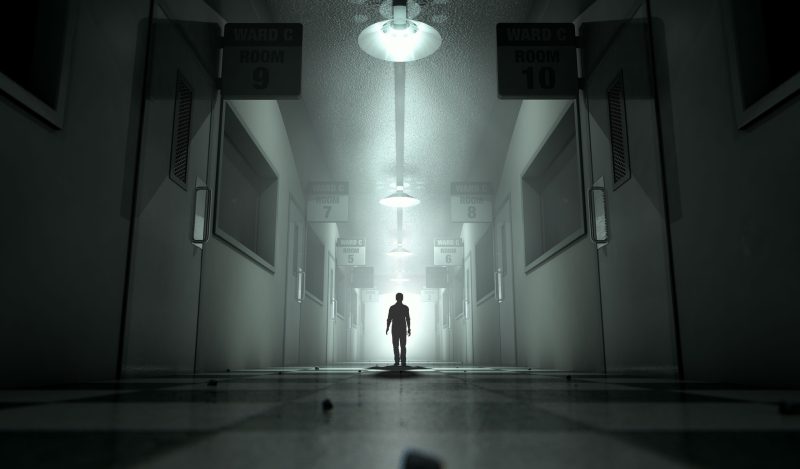We are nowhere near coming to terms with what happened over the last two years. The camps of thought are all over the place.
Some people regard the whole thing to be a fiasco of irrational panic and unwarranted compulsion at all levels of society. John Tamny and I are in this camp, along with the multitudes of signers of the Great Barrington Declaration and growing numbers of scientists and the general public. Our hope is that we see the error of our ways and the next pandemic will be handled like 1957, 1968, and 2009: disease treated as a matter of doctor/patient relationships, not as an opportunity for a societywide takeover of life by government and their medical advisors.
But others disagree. They believe that the real problem was not enough track-and-trace, too little control, too much diversity of response, too much pandemic traveling around, and too many people disregarding quarantine orders. Too many businesses, schools, and churches opened too soon. In short, there was too much liberty. Some of them are already preparing for next time. They write articles demanding even more power for the medical/political elites to lock us down.
A great example is “We are Not Ready for Another Pandemic” by Olga Khazan, appearing in The Atlantic. It starts reasonably enough with a call for more public health workers (who can object?) and more and earlier testing (testing was the earliest US failure that contributed to public panic). But then it plunges deeper into the abyss. We need more masks and earlier! Really? Is there clear evidence that they did anything somehow to stop the spread this time? Not that I’ve seen. To believe that, you have to ignore a tremendous amount of contrary evidence.
It gets worse. The author thinks that everyone should have been paid to stay home and it should have been automatic. “If paid leave isn’t established through legislation before the next pandemic,” the author writes, “Americans will find themselves in the same situation, dragging themselves into work and spreading pathogens behind them.”
So the solution to germs is a universal, always-operating welfare state even larger than the trillions tossed around this past year that ended up fattening up the bank accounts of people who were able to keep their paychecks flowing while working from home, while others found themselves with extra cash to fuel drug and alcohol habits (the research on this point will be pouring out for years).
But the real problem, writes our author, is federalism itself. “The Trump administration’s unwillingness to have the federal government take the lead made local public-health officials’ job harder,” says the author, even though on March 12, 2020, he banned all flights from Europe and the next day authorized the HHS to issue a nationwide lockdown advisory, while public health officials nationwide panicked into locking down. Only 6 or so weeks later did he start to wonder if he had been trolled (he had been).
Further:
“Americans’ experience of the pandemic was largely determined by the state they lived in. Texans were allowed to stop wearing masks on March 10, 2021, when less than 10 percent of the U.S. population had been fully vaccinated. Hawaiians, meanwhile, were required to keep wearing masks indoors as of May 26, when 40 percent of Americans had been fully vaccinated. Last April, a New Yorker might have huddled alone in her tiny apartment while her relatives in South Dakota, which never issued a stay-at-home order, sat in a casino as though it were a normal spring day. The entire pandemic was a bizarro choose-your-own-adventure story in which governors did most of the choosing.”
Good for Texas, and especially good for South Dakota! It was one of these times when we should all have said: thank goodness for federalism.That way the whole country did not end up like California, with destroyed businesses, traumatized kids, and fleeing residents. What the author of this article would like is to create a nation without escape, like so many other nations in the world today. That’s not the American way, nor the way of human rights generally.
And what about the evidence that the lockdowns did not work? Texas let go of all Coronavirus stringencies and saw cases and deaths fall off a cliff, with no negative consequences for public health and only positive ones. South Dakota but for its nursing home population (which should have been better protected) did far better than the locked down states of New York, Massachusetts, New Jersey, Connecticut, and Rhode Island.
We cannot say it enough: there is no empirical observable relationship between Covid disease mitigation and lockdowns. The author fails to mention this because this fight is no longer about science, if it ever was. It is about the uses of political power.
Here is where the author gives up the game: “The Biden administration believes that the federal government is a necessary leader in pandemic response, and will therefore be better positioned to coordinate state actions if Disease X arrives on its watch. But the ability of the government — any government — to handle a pandemic will be limited in a country where federalism and individualism are prized.”
So there we have the real problem: the Constitution and liberty generally.That was always a target. Thank you for the honesty.
Let’s discuss the whole topic of pandemic preparedness generally. Is it possible to be too prepared such that the whole system comes to be deployed when it is not really needed? Absolutely. I turn your attention to a memo published by the World Health Organization in 2011 by Dutch and Belgian disease researchers. They wrote to decry the “the culture of fear” that was unleashed in 2006 and 2009 that led to way too much spending, waste, and generalized frenzy that served no purpose. All this focus on one pathogen distracts from the reality that health is more holistic.
“The repeated pandemic health scares caused by an avian H5N1 and a new A(H1N1) human influenza virus are part of the culture of fear. Worst-case thinking replaced balanced risk assessment. Worst-case thinking is motivated by the belief that the danger we face is so overwhelmingly catastrophic that we must act immediately. Rather than wait for information, we need a pre-emptive strike. But if resources buy lives, wasting resources wastes lives. The precautionary stocking of largely useless antivirals and the irrational vaccination policies against an unusually benign H1N1 virus wasted many billions of euros and eroded the trust of the public in health officials. The pandemic policy was never informed by evidence, but by fear of worst-case scenarios.”
They further denounce the grasping for money that comes with pandemic preparedness.
“In the highly competitive market of health governance, the struggle for attention, budgets and grants is fierce.The pharmaceutical industry and the media only reacted to this welcome boon. We therefore need fewer, not more “pandemic preparedness” plans or definitions. Vertical influenza planning in the face of speculative catastrophes is a recipe for repeated waste of resources and health scares, induced by influenza experts with vested interests in exaggeration. There is no reason for expecting any upcoming pandemic to be worse than the mild ones of 1957 or 1968, no reason for striking pre-emptively, no reason for believing that a proportional and balanced response would risk lives.”
They offered a sensible alternative:
“The opposite of pre-emptive strikes against worst-case scenarios are adaptive strategies that respond to emerging diseases of any nature based on the evidence of observed virulence and the effectiveness of control measures. This requires more generic capacity for disease surveillance, problem identification, risk assessment, risk communication and health-care response. Such strengthened general capacity can respond to all health emergencies, not just influenza. Resources are scarce and need to be allocated to many competing priorities. Scientific advice on resource allocation is best handled by generalists with a comprehensive view on health….The key to responsible policy-making is not bureaucracy but accountability and independence from interest groups. Decisions must be based on adaptive responses to emerging problems, not on definitions. WHO should learn to be nice: accountable for reasonableness in a process of openness, transparency and dialogue with all the stakeholders, and particularly the public.”
Those words were written only 10 years ago. They carry wisdom today. We need desperately to rethink the panicked ideology that consumed the nation last year and still consumes the world today. Liberty and health go together. These plans to eradicate the next germ to come along eradicate instead everything we love about life, namely its liberty and our rights to choose. Tyranny in the past has operated with every excuse, from religion to security. Public health is only the latest one, and it is not more justified than any other despotic dream.
Published under a Creative Commons Attribution 4.0 International License
For reprints, please set the canonical link back to the original Brownstone Institute Article and Author.









